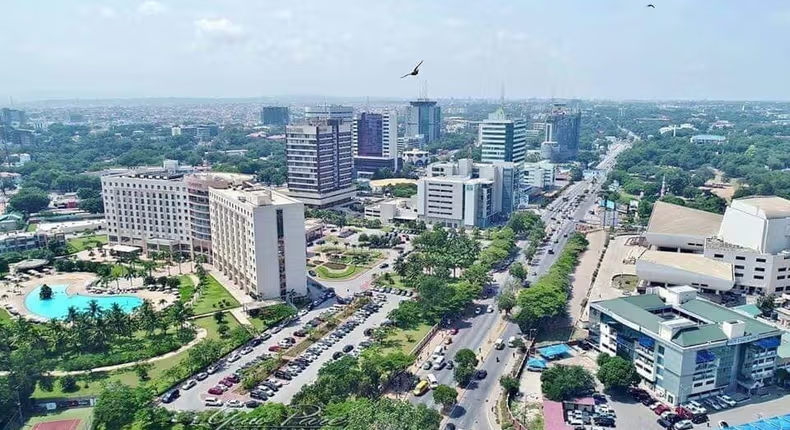Ghana’s inflation rate has continued to fall, reaching its lowest level since 2021, indicating that the West African country’s economic recovery may be gaining momentum.

- Ghana’s inflation rate dropped to 13.7% in June, marking its lowest level in over four years.
- Food inflation decreased substantially from 22.8% in May to 16.3% in June, with non-food price growth also slowing.
- This decline is part of a six-month consecutive downward trend, showcasing economic recovery momentum.
According to the latest Ghana Statistical Service figures, annual inflation fell drastically to 13.7% in June, down from 18.4% in May.
This is the sixth consecutive monthly fall, and the lowest reading since late 2020.
In Accra, the cedi remained steady at 10.35 to the dollar at 10:19 a.m.
The recent rise in the price of gold has benefited Africa’s biggest producer of bullion and boosted the cedi’s 42% increase, which puts it among the top-performing currencies in the world according to Bloomberg.
Food inflation dropped from 22.8% in May to 16.3%, according to Alhassan Iddrisu, the Government Statistician who disclosed the inflation figures.
Iddrisu also reported that the growth in non-food prices slowed to 11.4% from 14.4% the previous month.
The monetary policy committee of the central bank will make its next interest-rate announcement on July 23.
Given the more benign inflation reading, it might be able to reduce borrowing costs.
A similar trend last month indicated that consumer inflation fell to 18.4% in May from 21.2% in April, highlighting a steady disinflationary pattern since the beginning of the year.
Iddrisu had also voiced confidence that inflation would continue to fall, given the current macroeconomic conditions.
Political backdrop and policy implications of the John Mahama administration

John Mahama praying
President John Mahama, who came to power earlier this year, has led the country to positive inflation rates.
Since assuming office, Mahama’s administration has prioritized budgetary restraint, currency stability, and export growth as important drivers of economic development.
Ghana’s capacity to maintain this development will be dependent on a number of factors, including continuing currency stability, good fiscal management, and favourable commodity prices.
For the time being, the trend appears to be positive.
Ghana, as one of the few African economies displaying significant indicators of macroeconomic stability in 2025, is providing a positive signal to both domestic and foreign investors.
With inflation falling and the cedi strengthening, the country appears to be turning a corner in its post-COVID economic recovery.
By Chinedu Okafor








